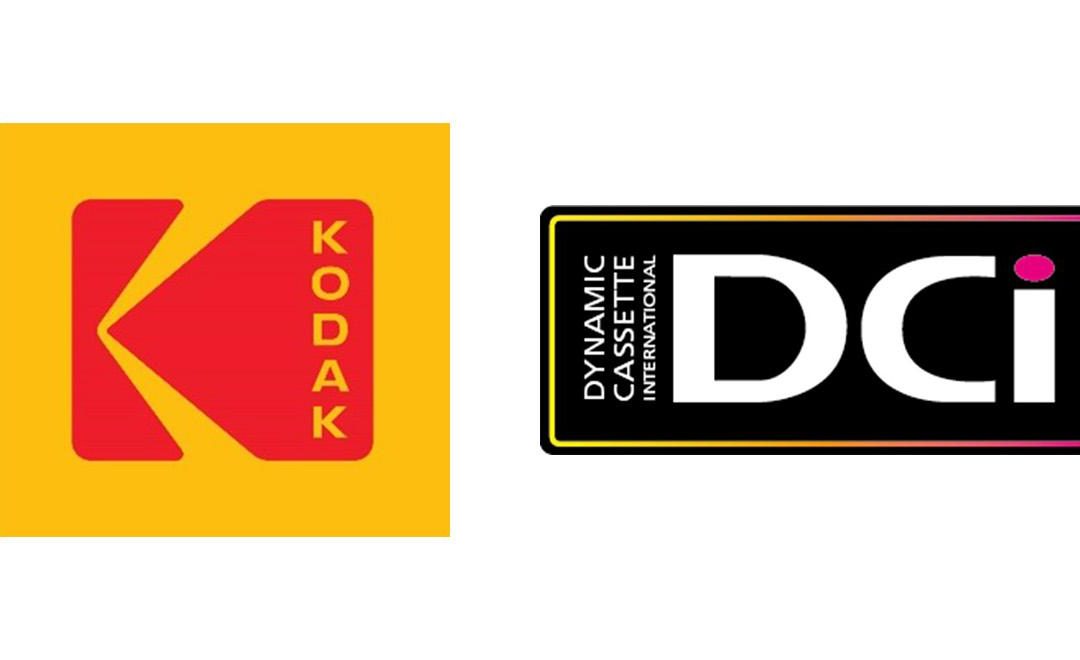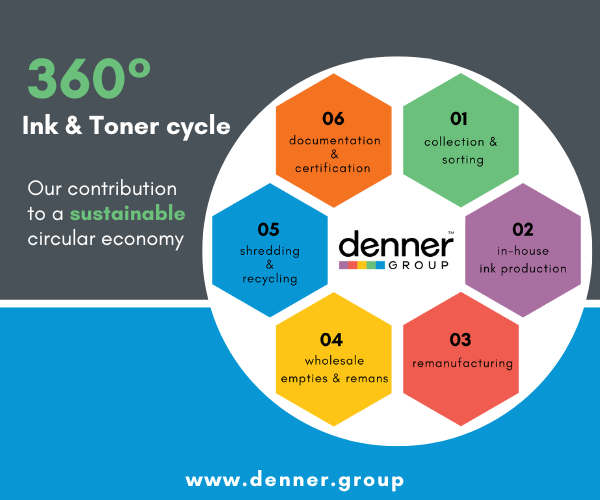 HP Inc.’s latest study on SMBs in Asia-Pacific, “Survival to Revival”, surveying 1,600 SMBs across eight countries in Asia reveals over 50% of small-medium business owners expect not just to survive but thrive following the pandemic and feel that digital transformation will be a key part of this revival.
HP Inc.’s latest study on SMBs in Asia-Pacific, “Survival to Revival”, surveying 1,600 SMBs across eight countries in Asia reveals over 50% of small-medium business owners expect not just to survive but thrive following the pandemic and feel that digital transformation will be a key part of this revival.
In response, HP said it is introducing integrated services-based print solutions including an HP Roam for Business bundle to make it easy to print on the go and enhanced HP SecurePrint a flexible, cloud-native solution that releases documents only to authorised users.
Some 60% of respondents see digital transformation as key with innovation in work processes, flexible work options and customized products and services identified as future strategies. However, cost effective solutions are required given cashflow remains top of mind and SMBs are unclear where to look or what such solutions are available. This is especially key where only 4 in 10 SMBs have a department or person responsible for innovation.
“SMBs are the lifeblood of every economy in Asia but the pandemic has hit SMBs hard. As the engines of growth for Asia economies, it is critical for them to move past survival to revive their businesses,” said Ng Tian Chong, Managing Director, Greater Asia at HP. “This study provides us with the insights to provide practical help for SMBs so that they have access to an ecosystem of devices, tools and technology. With these resources, we want to help SMBs unlock innovation for customer and employee-centric experiences, as well as broadly upskill talent to rebound from the pandemic and prepare for the future.”
Completed in June 2020, the study surveyed across Australia, India, Indonesia, Japan, South Korea, Singapore, Thailand, and Vietnam found:
- Companies most confident of bouncing back place high importance on digital adoption. Across the region, nearly 60% view digital adoption as very important or essential. Indonesian SMBs are particularly sensitive to this need, with a full 74% believing it is essential or very important, as is Thailand, also at 65%.
- Growth projections are significantly adjusted post pandemic. Across the region, 46% of SMBs expecting growth prior to the pandemic but that figure has dropped dramatically to just 16%. India and Vietnam are the most confident about post pandemic growth and Singapore, Japan and South Korea are least positive.
- Disruption to productivity is a common experience during COVID. Only 6% of SMBs recorded higher levels of workplace productivity compared to pre-COVID period while 43% recorded lower productivity.
- Skills was identified as an issue: The pandemic amplified the lack of digital-first mindsets and skills within existing SMBs that hamper growth, affecting nearly half (44%) of respondents.
- SMBs are unclear on where to look for assistance: Financial institutions rank high (31%); 60% of SMBs consider government support to be insufficient and/or are unclear on what support is available; only 19% of respondents turn to IT companies for help
HP added that underpinning all of this, is a need to identify digital talents who can help SMBs to transform the business. The majority of SMBs do not dedicate resources and/or invest in innovation as a discipline; it is more common to ask customers what they want, or simply mirror what the competition is offering. Only one in five SMBs have customised offerings, looked for new sales and supply-chain channels or introduced new lines of business. In this respect, Indonesia (59%) and Thailand (51%) stand out for having the highest percentage of SMBs dedicating resources to innovation. Unsurprisingly, SMBs in Indonesia and Thailand are also most confident about business performance post COVID.
In total, 1,600 SMBs completed the survey between 26May 2020 to 7 June 2020, which comprised of 200 interviews in each of the markets: Australia, India, Indonesia, Japan, South Korea, Singapore, Thailand, and Vietnam. Only an Owner, Partner, Managing Director, CEO, COO, CFO, or a Director of a business with less than 200 employees qualified for the survey. Interviews were split evenly between Micro Business (<10 employees), Small Business (10-49 employees), and Medium Business (50-199 employees). Multiple industries were represented including Retail/Wholesale, Manufacturing, Professional Services, Healthcare, Education and Financial Services.









